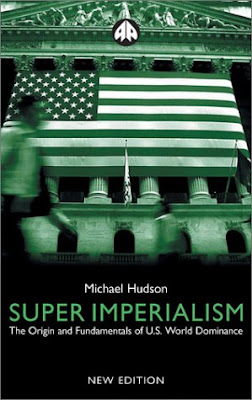The Indian frigate INS Tabar, one of dozens of warships from several countries protecting shipping lanes in the Gulf of Aden, attacked the pirate ship late Tuesday after coming under fire, navy spokesman Nirad Sinha said.
The incident came as shipping groups reported a new surge in hijackings off Somalia and the International Maritime Bureau said pirates based in the lawless African nation were now "out of control".
 "The INS Tabar closed in on the mother vessel and asked her to stop for investigation," the New Delhi navy spokesman said.
"The INS Tabar closed in on the mother vessel and asked her to stop for investigation," the New Delhi navy spokesman said."But on repeated calls, the vessel's threatening response was that she would blow up the naval warship" if it approached," he added.
"The vessel... subsequently fired on the INS Tabar, and the warship retaliated in self defence," he said. "Explosions were heard, possibly due to exploding ammunition that was stored on the vessel."
Pirates had been on the upper deck of the vessel with automatic weapons and rocket-propelled grenade launchers, he said.
The piracy crisis has grown since the capture of Saudi super-tanker the Sirius Star on Saturday. The huge vessel was carrying a full load of two million barrels of oil worth an estimated 100 million dollars.















